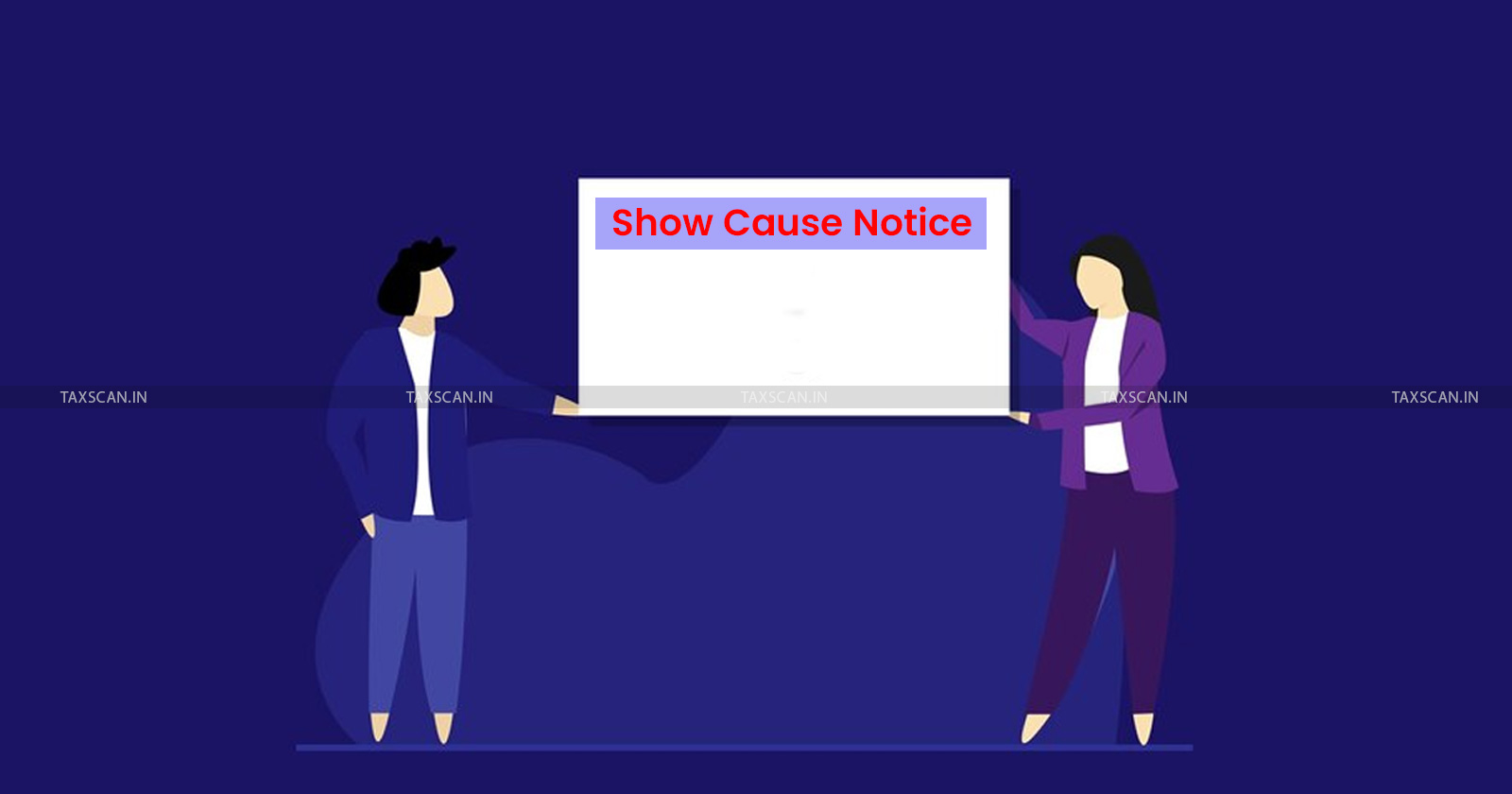Writ Jurisdiction Not Invokable Against SCN Issued u/s 74 of CGST Act at Preliminary Stage: Kerala HC [Read Order]
Jurisdiction of the High Court under Article 226 of the Constitution of India cannot be allowed to be exploited by those who can afford to wait to the detriment to those who cannot afford to wait by dragging the latter to the court for adjudication on peripheral issues.

Writ jurisdiction CGST-SCN-Show Cause Notice-Kerala HC judgment on GST SCN-Taxscan
Writ jurisdiction CGST-SCN-Show Cause Notice-Kerala HC judgment on GST SCN-Taxscan
The Division bench of the Kerala High Court, which was composed of Justices A.K. Jayasankaran Nambiar and Easwaran S., declared that a show cause notice issued at the preliminary stage under Section 74 of the Central Goods and Service Tax (CGST) Act, 2017 cannot be challenged using writ authority under Article 226.
Minimol Sabuto, the assessee, was given a notice to provide justification for why Rs. 4,88,56,298/-should not be assessed as short paid upon the discovery of outward supply suppression for the 2017–18 to 2023–24 periods, and why an additional Rs. 11,85,843/-should not be imposed as flood cess. The show cause notice issued under Section 74 of the CGST Act was challenged by the assessee/respondent in a writ petition.
Know the complete aspects of tax implications of succession, Click here
The Single Judge ordered that the authorities under the SGST Act, 2017 will consider the preliminary issue raised by the assessee against the invocation of Section 74 thereof, especially with regard to the contention of the petitioner/assessee that a part of the alleged suppressed turnover belongs to a separate entity belonging to her husband with a separate registration.
The petitioner/assessee's argument that a portion of the alleged suppressed turnover belongs to a separate entity belonging to her husband with a separate registration is a preliminary issue raised by the assessee against the invocation of Section 74 thereof. The Single Judge ordered that the authorities under the SGST Act, 2017 take this into consideration.
The panel decided that the assessee, who is presented with a notice under Section 74 requesting a partial adjudication of the list that is pending before the appropriate official, cannot utilize the High Court's authority under Article 226 of the Indian Constitution. Naturally, the High Court may use its discretion to consider the writ petition in a particular case when it is claimed that there was a complete lack of jurisdiction in issuing the show cause notice. However, generally speaking, the writ petition against the show cause notice issued under Section 74 of the CGST Act/SGST Act is not admissible.
Clear all Your Doubts on RCM, TCS, GTA, OIDAR, SEZ, ISD Etc… Click Here
The bench ruled that those who can afford to wait cannot abuse the High Court's jurisdiction under Article 226 of the Indian Constitution by dragging those who cannot afford to wait to the court for decisions on unimportant matters while avoiding decisions on matters that are more important to them.
Given the writ petition's interim injunction halting further Section 74 proceedings, which was in effect for seven days, the Revenue will benefit from the stay, and the adjudication period will only end on February 15, 2025.
The court instructed the first respondent/assessee to appear before the adjudicating officer on 10.2.2025 and issue a further directive to the proper officer under Section 74 of the CGST Act/SGST Act to complete the hearing on 10.2.2025 itself and pass a composite final order on or before 15.2.2025, since the assessee had already been given notice to appear before the adjudicating authority/proper officer on that date.
To Read the full text of the Order CLICK HERE
Support our journalism by subscribing to Taxscan premium. Follow us on Telegram for quick updates


